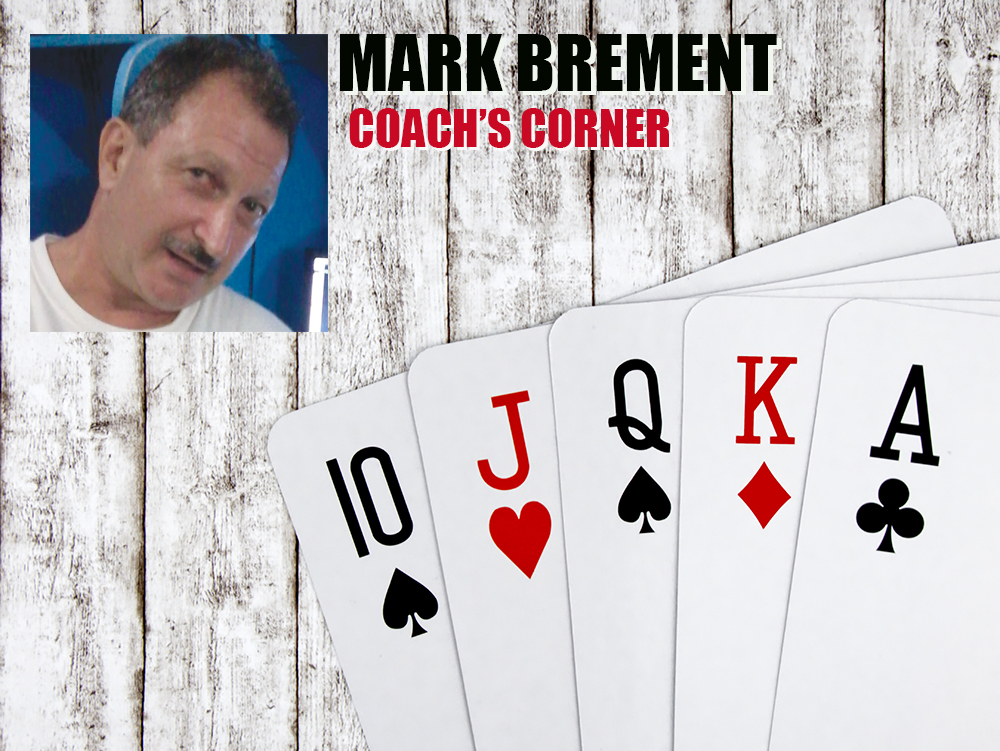I recently had the pleasure of joining the Ante Up crew on its poker cruise to Cozumel, Mexico. On board, there were daily tournaments and the first event I signed up for was a Survivor, which ends after two hours of play (eight levels). At that time, whoever was left standing chopped the prize money evenly. This particular structure has similarities to a satellite event and I have a few ideas on how to use different strategies in satellite tournaments when comparing satellites and regular tournaments.
Pay attention as there will be many satellites offered throughout the country as the World Series of Poker is fast approaching and winning a seat to an event can indeed get you into a larger buy-in event you might not have otherwise played.
IDEA 1: In a single-table satellite where one seat is offered, we start with a short stack and 15-minute rounds. Get off to a fast start. You must build a stack and take advantage of players who are playing tight.
IDEA 2: Super-satellites are multitable structures where usually 10-20 seats are awarded and late-stage play can be quite different than in a regular event. Imagine you’re in an event that awards 20 seats. You’re in bubble territory (26 players remaining). You’re dealt A-A and fold. This is the correct play if you’ve accumulated enough chips to get past the 20 mark. This is because first place equals 20th place and there’s no reason to risk our chips. You’re playing for a seat.
Also, be aware of how many short stacks are in play at all the tables. This can make a huge difference in a spot where a small stack pushes and you’re in the big blind. In a satellite event, a fold is in order; in a regular tournament, this situation is an auto-call.
Incidentally, in the Survivor I played in, I witnessed the same sort of error at the final table. There were several situations where players were dealt big hands and chose to raise and were called, which led to exits. Had the players used the aforementioned tactics, they would have cruised in to the final chop of the prize. I feel I should mention I was fortunate to accrue chips early on and use the strategy to not play a hand in the final 20 minutes and enjoyed the final five-way split.
Consider an Ante Up Poker Cruise. The players were friendly and dealers and staff did a great job.
— Mark Brement has spent 15 years teaching and coaching all facets of poker, including at Pima CC. Email him at brementmark@gmail.com.




